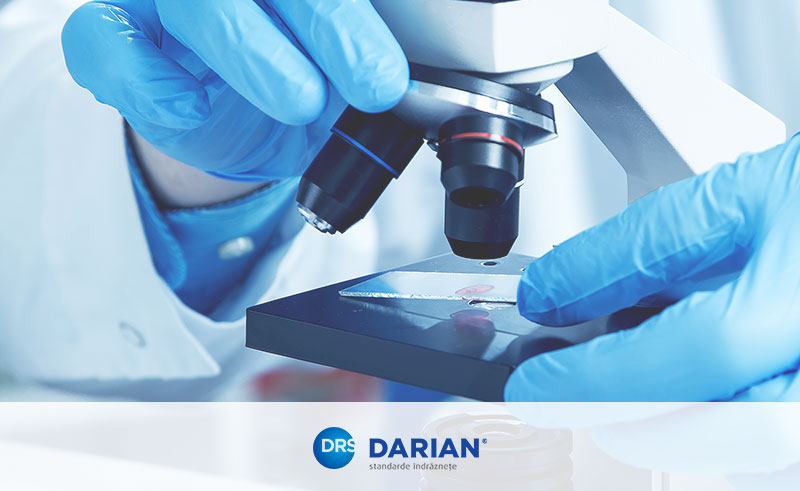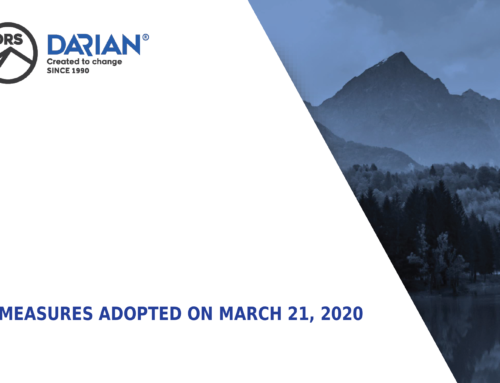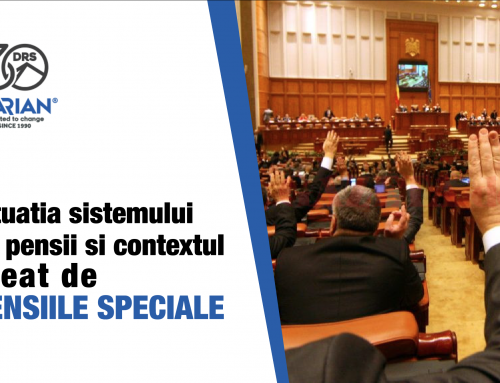Tax legislation in Romania provides for many ways in which companies can benefit from tax facilities. An example of such a facility is tax incentives for research and development activities.
Legal Provisions
According to Article 20 of the Tax Code, for the research and development activities, the following tax incentives are granted for the calculation of the tax outcome:
“a) additional deduction in the calculation of the tax outcome, of 50%, of eligible expenditure for these activities; additional deduction is calculated quarterly / annually, where tax loss is obatined, it shall be recovered in accordance with Article 31;
b) application of the accelerated depreciation method for machinery and equipment for research and development activities.”
The research and development activities eligible for the granting of incentives mentioned above are detailed in the Order no. 1.056 / 4.435 / 2016 for the approval of the Rules on deductions for research and development expenditures in the calculation of the tax result (Order no. 1.056 / 4.435).
ore, Article 4 of the Order no. 1.056 / 4.435, mentions the conditions to be fulfilled cumulatively for R & D activities to be eligible:
“a) activities are included in a project that contains at least the following elements: target set, deployment period, the research and development field, funding sources, the category of outcome (eg, studies, drawings, technology, computer products, recipes and the like), innovative character (eg new / upgraded product, new / upgraded technology, new / upgraded service)
b) activities are from the categories of applied research and / or technological development activities.”
Further to Article 4, activities that are “not considered as research and development are mentioned:
1. Research in the field of social sciences (including economics, business management and behavioural sciences), arts or human relations;
2. Current testing and analysis programs for the purpose of quality or quantity control. This category does not include testing activities performed to solve scientific and technological uncertainties and to achieve the objectives of R & D activities (eg testing of intermediate results or prototypes);
3. Colour or aesthetic changes to existing products, services or processes, even if these changes are improvements;
4. Operational research, such as management or efficiency studies that are undertaken before starting a research or development activity;
5. Corrective actions in connection with damage to the commercial production of a product;
6. Legal and administrative activities in connection with the application, patenting and settlement of patent litigation and the sale or patenting of inventions;
7. Activities, including design and engineering in construction, relating to the construction, relocation, rearrangement or commissioning of installations or equipment other than facilities or equipment which are used wholly and exclusively for the purpose of undertaking the research activities -development;
8. Market research, market testing and market development, sales promotion or consumer research studies;
9. Prospecting, exploring, polling or production of ores, crude oil or natural gas;
10. Commercial and financial activities necessary for market research, commercial production or distribution of a new, or improved, material, product, apparatus, process, system or service;
11. Administrative and general assistance services (such as transport, storage, cleaning, repair, maintenance and security) which are not undertaken in full and exclusively in connection with a research and development activity.”
According to Order no. 1.056 / 4.435, tax incentives are granted both to taxpayers who use their research and development outcomes for own interest as well as to those who sell the result of the research or use it in the provision of services or the execution of works or those exploiting the intellectual property right.
Practical Aspects
When a company is involved in a research and development project and wishes to benefit from the tax incentives provided by Romanian tax legislation, it must pay particular attention to the classification of the activity carried out in the category of activities eligible for the granting od facility.
For example, if the activity carried out is research to develop studies, risk estimation models, etc., in the field of social (economic) sciences, it is not an activity eligible for the granting of tax incentives.
Particular attention should be paid to the activity of conducting market research studies (irrespective of the field of activity) as these are not eligible activities for accessing the tax facility.
Article published firstly on Avocatnet.ro.



Suntem soluția eficientă în oferirea de servicii complexe de evaluare și consultanță pentru clienții corporativi. Echipa noastră de specialiști asistă clienții în soluționarea diverselor spețe cu impact fiscal.






